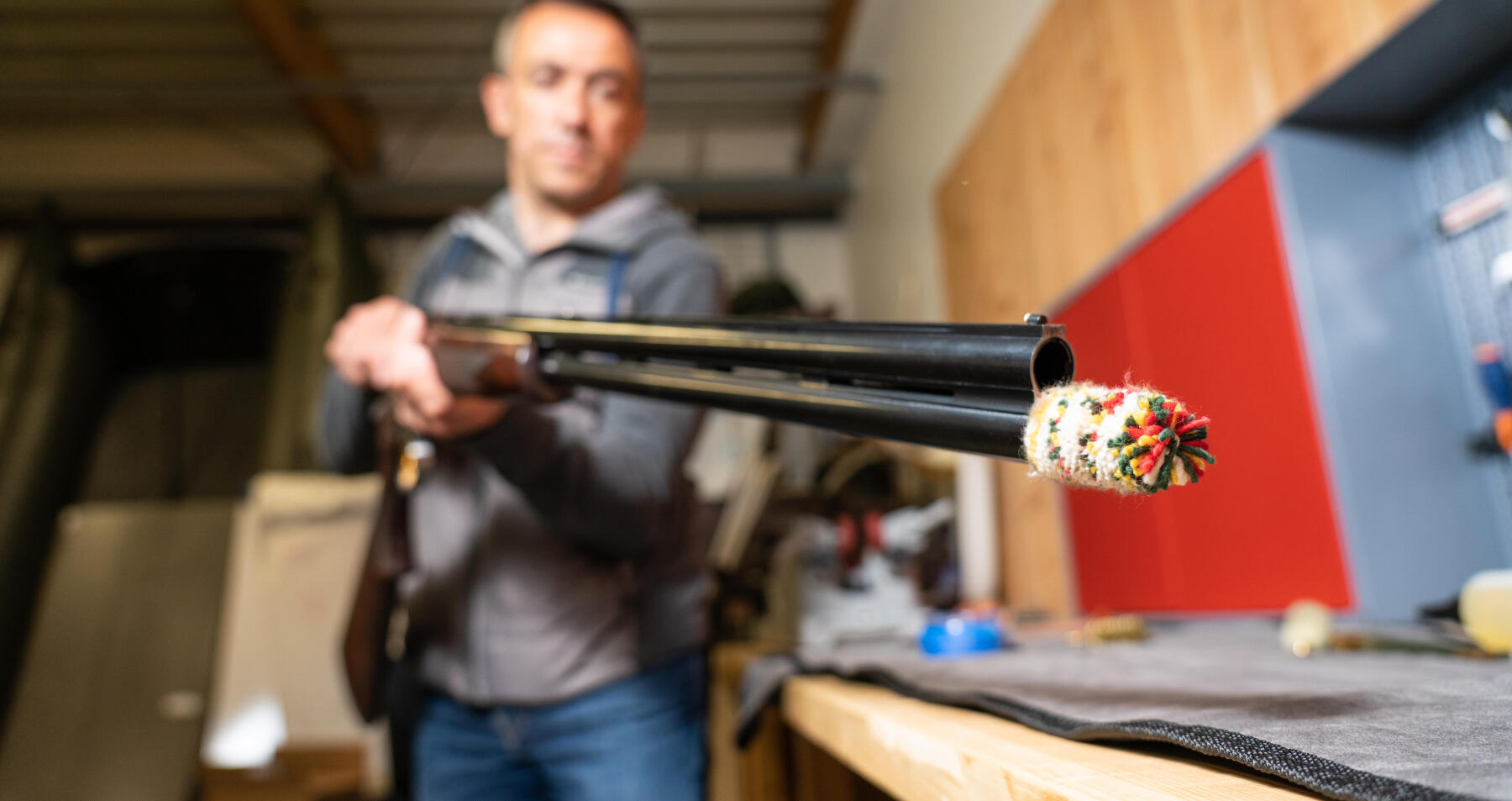#1 Prepare your firearm
After several months of inactivity, its is important to prepare your firearm correctly.
After your firearm has spent long months in storage, we advise you to:
- Grease all the points of the mechanism and the chokes
- Clean the barrels with a lightly oiled cloth
- Oil the butt and the forearm, then treat any oiled, sanded wood parts with linseed oil.
Follow our advice on how to clean your hunting firearm for a more thorough clean.
Preparing your cartridges is equally important. Check your stock and dispose of any faulty ammunition (traces of rust, damaged caps, etc.).
Marc, one of our enthusiasts, shares one of his tips on how to choose the right ammunition for the start of the season: "At the start of the season, the game is less timid and can be bagged at quite close range. So you can use ARX, pellets or lube wad-type short-range cartridges."



